






5-Star Service, Trusted & Loved by Hundreds
Your Appraiser Search Ends Here
Your Appraiser Search Ends Here
.avif)

Nationwide Coverage – Appraisals Anywhere in the US

Get it done Onsite or Online

Any Asset, Covered

Defensible for Any Purpose
Frequently Asked
Questions
No Frequently Asked Questions Found.
Key examples of personal use assets include primary residences, vacation homes, art collections, antiques, classic cars, boats, and other items acquired primarily for personal pleasure. Unlike business assets, these possessions are not primarily designed to generate income or serve commercial objectives.
The classification of personal use carries significant implications for financial and legal considerations. Tax regulations, insurance requirements, and estate planning all rely on understanding the nuanced distinctions between personal and commercial asset usage. For instance, expenses related to personal-use assets typically differ from business-related expenditures in terms of tax deductibility and reporting requirements.
Personal use assets often transcend mere monetary value, embodying emotional significance and personal history. Family heirlooms, inherited collectibles, and cherished personal properties frequently represent more than their financial worth, carrying sentimental attachments and personal memories that cannot be easily quantified.
Understanding the specific nature of personal use assets helps individuals make informed decisions about valuation, protection, and potential future disposition. Whether considering insurance coverage, estate planning, or financial strategy, recognizing the unique characteristics of personal use assets provides a comprehensive approach to asset management and preservation.
Insurance protection stands as a primary motivation for obtaining an appraisal. By documenting the precise value of your valuables, you ensure comprehensive coverage that accurately reflects replacement costs. This prevents potential financial shortfalls during unexpected loss or damage scenarios.
Estate planning represents another key area where personal property appraisals prove invaluable. Professional valuations facilitate equitable asset distribution among beneficiaries and provide clear documentation for potential tax considerations. This approach minimizes potential family disputes and creates transparency in inheritance processes.
When considering selling or liquidating assets, an accurate appraisal becomes an essential tool. Professional valuation provides a credible foundation for pricing strategies, enhancing your negotiating position and providing potential buyers with confidence in the asset's worth. This is particularly crucial for unique or specialized items with complex market dynamics.
Certain tax scenarios also necessitate professional appraisals, especially for charitable donations or complex asset transfers. These documented valuations ensure regulatory compliance and can potentially optimize tax strategies by providing officially recognized asset assessments.
Beyond financial considerations, personal property appraisals offer intrinsic value through enhanced understanding of your assets. They provide deeper appreciation for the historical, cultural, or personal significance of your possessions while delivering objective, professional insights into their current market standing.
Ultimately, a professional appraisal transcends simple monetary evaluation, offering a comprehensive approach to understanding and protecting your personal property's value across multiple life contexts.
Professional appraisers conduct an in-depth examination considering key factors such as age, condition, craftsmanship, materials, and historical significance. They carefully assess the furniture's physical characteristics, including the quality of construction, original materials, and overall preservation state. Specific design elements like wood type, joinery techniques, surface finishes, and manufacturing methods play crucial roles in determining value.
The appraisal process extends beyond visual inspection, incorporating extensive research into comparable market sales, auction records, and current collector trends. Appraisers analyze historical context, examining how specific design periods, manufacturers, and artistic movements impact a piece's desirability and potential financial value. Unique provenance, rare design elements, and original condition can dramatically influence an item's overall appraisal.
Expertise in furniture history, materials science, and market dynamics allows appraisers to provide nuanced, accurate valuations that reflect both the item's intrinsic qualities and its current market positioning. This comprehensive approach ensures a thorough and precise assessment that goes well beyond simple visual estimation.
The online appraisal process is designed to be both flexible and comprehensive. Clients are usually required to provide extensive information about their furniture, including precise dimensions, manufacturing details, current condition, age, and any distinctive characteristics that might influence its value. High-quality, multiple-angle photographs are crucial for enabling appraisers to make accurate assessments.
Advanced technological platforms now support various interactive appraisal methods. Live video consultations through platforms like Zoom or Skype enable real-time communication, allowing appraisers to request additional visual information or ask specific questions about the item. This interactive approach helps bridge the gap between traditional in-person assessments and remote evaluations.
Remote appraisals offer significant advantages, particularly for individuals with scheduling constraints, mobility limitations, or geographical challenges. Clients can undergo professional furniture valuations from the comfort of their home, eliminating the need for complicated logistical arrangements or transportation of potentially fragile items.
While online appraisals provide remarkable convenience, clients should understand that the accuracy of the assessment depends heavily on the quality and comprehensiveness of the information submitted. Clear, well-lit photographs and detailed, honest descriptions are essential for obtaining a reliable valuation.
The digital appraisal landscape continues to evolve, with professionals leveraging sophisticated technologies to deliver precise and trustworthy evaluations. For those seeking a convenient, efficient approach to understanding their furniture's value, online appraisals represent a modern solution to traditional valuation challenges.
Antique furniture appraisers represent a critical subset of this profession, focusing on pieces with significant historical value. They possess deep knowledge of period-specific design elements, manufacturing techniques, and cultural influences. Their expertise allows them to authenticate and precisely value items over a century old, distinguishing genuine antiques from skillful reproductions.
Contemporary furniture appraisers specialize in more recent designs, tracking current market trends and understanding the nuanced value of modern pieces. These professionals are particularly adept at evaluating furniture from the past few decades, considering factors like designer reputation, manufacturing quality, and current aesthetic preferences.
Collectible furniture appraisers occupy a unique niche, concentrating on pieces that hold special significance within collector communities. They understand the complex ecosystem of collector markets, assessing value based on rarity, historical importance, and desirability among specialized enthusiasts.
Specialty furniture appraisers develop deep expertise in specific styles or categories, such as mid-century modern or artisan-crafted pieces. Their targeted knowledge allows for precise valuations that consider the subtle characteristics unique to particular design movements or crafting traditions.
Furniture restoration appraisers bring technical insight into how preservation and restoration impact an item's value. They evaluate the potential and limitations of restoring a piece, providing critical guidance on maintaining or enhancing its market worth through careful intervention.
Selecting the right appraiser requires careful consideration of the specific furniture in question and the purpose of the valuation, ensuring a comprehensive and accurate assessment.
Insurance documentation represents a primary driver for obtaining furniture appraisals. Comprehensive valuations ensure homeowners can secure appropriate coverage and expedite claims processes in the event of loss, theft, or damage. Precise documentation becomes instrumental in protecting significant investments and providing clear evidence of an item's worth to insurance providers.
Estate planning and legal proceedings also benefit substantially from professional furniture appraisals. When distributing assets among heirs, accurate valuations help create equitable divisions and minimize potential familial conflicts. These assessments provide transparent, objective information about furniture's market value, facilitating smoother inheritance transitions and legal settlements.
Charitable donations involving high-value furniture require professional appraisals to validate tax deduction claims. When furniture exceeds certain monetary thresholds, documented assessments become essential for substantiating donation values and maximizing potential tax benefits.
Divorce proceedings frequently rely on furniture appraisals to determine fair property division. Professional evaluations offer neutral, fact-based assessments that help reduce emotional tension and streamline settlement negotiations by providing clear, defensible property values.
Collectors and antique enthusiasts particularly benefit from professional appraisals, gaining insights that inform purchasing, selling, and maintaining valuable collections. Understanding precise market values empowers informed decision-making and prevents potential financial misjudgments.
Ultimately, furniture appraisals represent more than simple monetary assessments. They provide comprehensive insights that protect financial interests, facilitate legal processes, and offer peace of mind across numerous personal and professional contexts.
Understanding Furniture Appraisals
Understanding furniture appraisals is essential for buyers and sellers looking to navigate the often complex market of valuable furnishings. A furniture appraisal determines the fair market value of items, based on factors such as age, condition, brand, and provenance. These appraisals are crucial for various purposes, including insurance, estate planning, and determining sale prices during transactions.
When considering a furniture appraisal, it's important to engage with qualified professionals who can accurately assess the item’s value. Knowledgeable appraisers employ a variety of tools and methodologies, including market research and comparative sales data, to provide a solid valuation. Buyers and sellers should also be aware that the emotional value of a piece might differ significantly from its market value, making an objective appraisal invaluable.
The type of appraisal required can depend on the nature of the transaction. For instance, an estate appraisal may focus on the collective value of furnishings for equitable distribution among heirs, whereas a purchase appraisal is often conducted to ensure accuracy in pricing before finalizing a sale. Understanding these nuances helps individuals make informed decisions, ensuring that both buyers and sellers achieve the best possible outcomes in their furniture transactions.
Why are Furniture Appraisals Important?
Furniture appraisals play a crucial role in the purchasing and selling process, providing a clear understanding of the item's value. Whether you're looking to buy a unique piece or sell a family heirloom, an appraisal offers an expert opinion that can aid in negotiating prices. It ensures both buyers and sellers have realistic expectations and fosters transparency throughout the transaction, making it a vital step in any furniture deal.
Additionally, furniture appraisals can serve various purposes beyond just buying and selling. For insurance purposes, having an accurate appraisal can help you obtain the right coverage in case of damage, theft, or loss. Furthermore, appraisals can assist in estate planning, providing clarity on the value of assets for inheritance and tax considerations, thus highlighting their importance in both personal and financial affairs.
Types of Furniture Appraisals
Furniture appraisals can be categorized into several types, each serving distinct purposes depending on the context of the purchase or sale. The most common types include fair market value appraisals, which estimate the price that a willing buyer would pay in an open market. Replacement value appraisals, on the other hand, determine the cost to replace the furniture with similar items, taking into account the current market conditions. Additionally, insurance appraisals are conducted to provide a documented value of the furniture for policy purposes, ensuring proper coverage in the event of loss or damage.
Another important category is estate appraisals, often utilized in inheritance scenarios, which assess the value of furniture as part of an estate’s overall worth. Collectibles and antique furniture may require specialized appraisals, as their market value can fluctuate significantly based on rarity and demand. Each type of appraisal not only aids in establishing a fair price but also plays a crucial role in legal, financial, and insurance contexts, ensuring that both buyers and sellers make informed decisions in their transactions.
Factors Affecting Furniture Value
The value of furniture can fluctuate significantly based on several key factors. One of the most influential elements is the brand or manufacturer; well-known, reputable brands often fetch higher prices due to their established quality and craftsmanship. Additionally, the age and condition of the piece play a vital role. Vintage or antique furniture, if well-preserved, can be particularly valuable, whereas items that show excessive wear or damage may see a substantial decline in worth.
Other critical factors include the materials used in the furniture's construction and its stylistic attributes. For instance, solid wood furniture typically has a higher value than pieces made from particle board or laminate. The style and design trends can also impact value; for example, mid-century modern furniture has witnessed a resurgence in popularity, leading to increased demand and value. Moreover, any unique features, such as hand-carving or intricate detailing, can enhance a piece's appeal and marketability.
Lastly, provenance and history can affect value in significant ways. A piece with a notable background, such as ownership by a famous individual or a story tied to a historical event, can command higher prices in the market. Additionally, market demand and regional preferences also play a role; the value of certain styles may vary greatly depending on the location and the current trends. Understanding these factors is essential for anyone looking to buy or sell furniture, ensuring informed decisions based on the true worth of the pieces in question.
How to Choose the Right Appraiser
Choosing the right appraiser is crucial to ensuring that you receive an accurate and fair valuation of your furniture. Start by looking for professionals who specialize in furniture appraisals and have relevant certifications or memberships in recognized appraisal organizations. This helps guarantee that the appraiser is knowledgeable about market trends, craftsmanship, and materials specific to the furniture you own or are interested in purchasing.
Additionally, consider the appraiser's experience and track record in the industry. It's beneficial to ask for references or reviews from previous clients, which can provide insights into their reliability and quality of service. A good appraiser should be transparent about their process, provide a detailed report, and be willing to answer any questions you may have about the appraisal process or the valuation methods employed.
The Furniture Appraisal Process
The furniture appraisal process begins with a thorough inspection of the item in question, where an experienced appraiser evaluates its condition, craftsmanship, and authenticity. The appraiser will consider factors such as the age of the piece, the materials used, and the manufacturer—if known. This initial assessment helps to establish a baseline for determining the item's overall value, whether for purchase, sale, or insurance purposes.
Once the inspection is complete, the appraiser researches comparable sales data and market trends to provide an accurate valuation. This involves analyzing similar items that have recently sold, in addition to understanding the current demand for the type of furniture being appraised. The appraiser also takes into account any unique features or historical significance that might affect the item’s value, adding depth to the evaluation process.
Finally, the appraiser compiles their findings into a comprehensive report, detailing the item’s condition, comparable sales, and the rationale behind the assigned value. This documentation serves not only as a valuable reference for potential buyers and sellers but also protects against disputes and helps in insurance claims. Whether you are looking to buy an antique chair or sell a contemporary dining set, understanding this process can significantly enhance your decision-making and financial outcomes.
Common Mistakes to Avoid in Furniture Appraisals
One common mistake in furniture appraisals is underestimating the importance of provenance. Buyers and sellers often overlook the history of an item, which can significantly influence its value. Provenance includes the item's origin, ownership history, and any notable events associated with it, all of which contribute to its overall desirability. Failing to adequately document and present this information may result in a lower appraisal than what the piece might warrant.
Another frequent error is the neglect of condition assessment. The condition of furniture plays a pivotal role in establishing its market value, but appraisers sometimes rush through this evaluation. A thorough inspection should consider wear and tear, restoration work, and any alterations made over time. Ignoring these factors can lead to discrepancies between an item's intrinsic value and its perceived worth in the market.
Lastly, a lack of awareness regarding market trends can lead to inaccurate appraisals. The furniture market can fluctuate based on evolving tastes, demand for certain styles, and economic conditions. Appraisers must stay informed about current trends and historical data to accurately assess value. Failing to account for these external influences risks setting a price that does not reflect the item's true potential in the marketplace.
Appraisal Reports: What to Expect
When obtaining a furniture appraisal for purchase and sale, you can expect a comprehensive report that outlines the item's fair market value, condition, and provenance. The report will typically include detailed descriptions of the furniture, such as its style, materials, craftsmanship, and any distinguishing features. High-quality photographs are often included to provide visual context, supporting the findings and allowing for better understanding of the item's value.
Appraisal reports are usually prepared by qualified appraisers who are knowledgeable about furniture trends and market dynamics. Their expertise allows them to accurately assess the value of both antique and modern pieces, considering factors like rarity, demand, and historical significance. Additionally, the appraiser may also take into account any repairs or restorations that have been made, as these can greatly influence the overall worth of the furniture.
The final appraisal report will offer a professional opinion that is not only useful for buyers and sellers but also serves as an essential document for insurance purposes or estate settlement. Clear and concise, the report will usually be presented in a standardized format that can easily be reviewed by potential buyers or their advisors. It is crucial that the appraisal stands up to scrutiny, backed by data and expertise, ensuring both parties in a transaction feel confident in the valuation process.
The Role of Market Trends in Furniture Valuation
Understanding market trends is crucial for accurately valuing furniture, as these trends directly influence buyer preferences and pricing behaviors. The furniture market is dynamic and can be affected by various factors, including economic conditions, design fashions, and consumer demand. Staying informed about these trends helps appraisers to assess the fair market value based on what buyers are currently willing to pay for similar items.
Changes in consumer tastes can significantly impact the valuation of furniture. For instance, if a particular style or material suddenly becomes fashionable, items that embody those characteristics may see their value increase. On the other hand, furniture that falls out of favor may depreciate, making it essential for appraisers to consider the ongoing shift in preferences when determining a piece's worth.
Additionally, market trends can also be driven by broader economic indicators, such as the housing market and disposable income levels. When the economy is strong, people are more likely to invest in high-quality or luxury furniture, thus elevating their prices. Conversely, during economic downturns, the demand may shift toward more affordable, practical pieces, impacting valuations in both the purchase and sale of furniture considerably.
Preparing Your Furniture for Appraisal
Preparing your furniture for appraisal involves several key steps to ensure an accurate evaluation. First, clean each piece thoroughly, removing dust, stains, or any signs of wear that could affect its appearance. This not only helps to present the furniture in the best possible light but also allows the appraiser to focus on the item’s intrinsic qualities rather than surface-level issues. Additionally, gather any relevant documentation such as purchase receipts, previous appraisals, or provenance information, as these can add significant context to the evaluation process.
Next, consider the condition and any repairs that have been made to the furniture. Providing details about any restorations or modifications is important, as these can impact the value and authenticity of the piece. If possible, take high-quality photographs of the furniture from various angles, highlighting any distinguishing features or flaws. By taking these preparatory steps, you can facilitate a more effective appraisal process, ultimately leading to a clearer understanding of the value of your furniture for both purchase and sale.
FAQs About Furniture Appraisals
Furniture appraisals are essential for both buyers and sellers, providing a comprehensive evaluation of a piece's condition, authenticity, and market value. Understanding the appraisal process helps individuals make informed decisions, especially in transactions involving antiques, collectibles, or high-end furnishings. A qualified appraiser utilizes various criteria, including craftsmanship, material quality, and historical significance, to assess the true value of the item.
When considering a furniture appraisal, many individuals inquire about the methods appraisers use to determine value. Generally, appraisers conduct thorough research, comparing similar items in the market, and utilizing pricing databases to establish a fair market value. They often factor in the piece's provenance and any relevant market trends, which can significantly influence its worth. The appraisal document generated is valuable, especially for insurance purposes or if legal matters arise.
Another common question revolves around the costs associated with obtaining an appraisal. While fees may vary depending on the appraiser's experience, location, and the specific piece being appraised, it is recommended to view an appraisal as an investment in making a sound purchase or sale. This financial outlay can ultimately lead to better negotiation outcomes and protection against potential future losses, ensuring that both buyers and sellers have a clear understanding of the furniture's value during any transaction.
Final Thoughts on Navigating Furniture Purchases and Sales
Navigating the purchase and sale of furniture requires a keen understanding of value and authenticity, especially in a market filled with both mass-produced items and unique vintage pieces. Buyers should be aware that the furniture's condition, history, and craftsmanship play significant roles in determining its worth. Conducting thorough research on similar items can provide insight into fair pricing, while also allowing purchasers to appreciate the nuances that give particular pieces their value. Knowledge of specific design styles or periods can also enhance a buyer's confidence during negotiations.
For sellers, obtaining a professional furniture appraisal can be vital in establishing an accurate asking price. An appraisal not only provides an objective assessment of an item's market value but also lends credibility to the sale, potentially making the piece more appealing to buyers. Sellers should be transparent about the furniture's provenance and any alterations made, as these factors can significantly influence value. Furthermore, understanding market demand and seasonal trends can also aid sellers in timing their sales for maximum profit.
Overall, the key to successful furniture purchases and sales lies in education and due diligence. Whether entering the market as a buyer or a seller, it is crucial to gather as much information as possible to make informed decisions. Utilizing resources such as appraisers, historical records, and furniture guides can empower individuals throughout the process, leading to more satisfying transactions and preserving the integrity of valuable furniture items.
View all Locations
BEST-IN-CLASS APPRAISERS, CREDENTIALED BY:







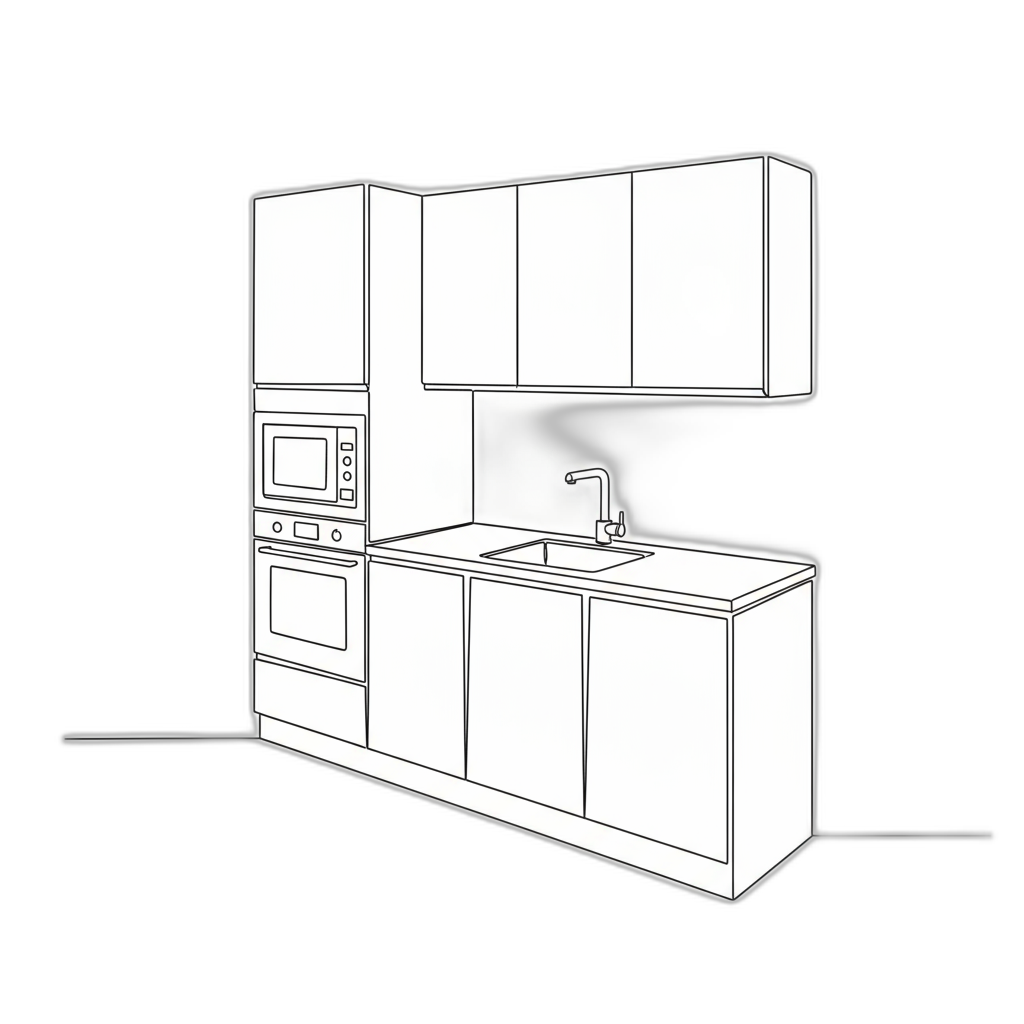

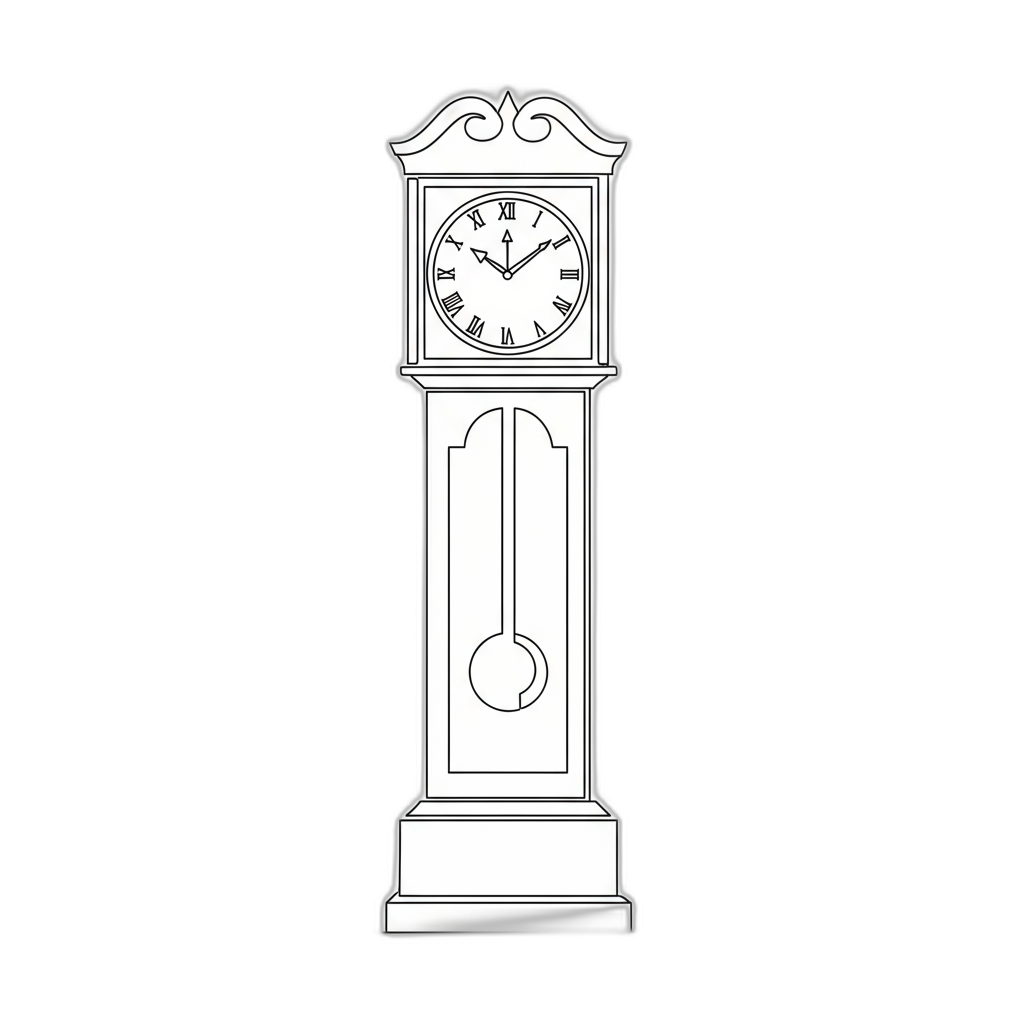
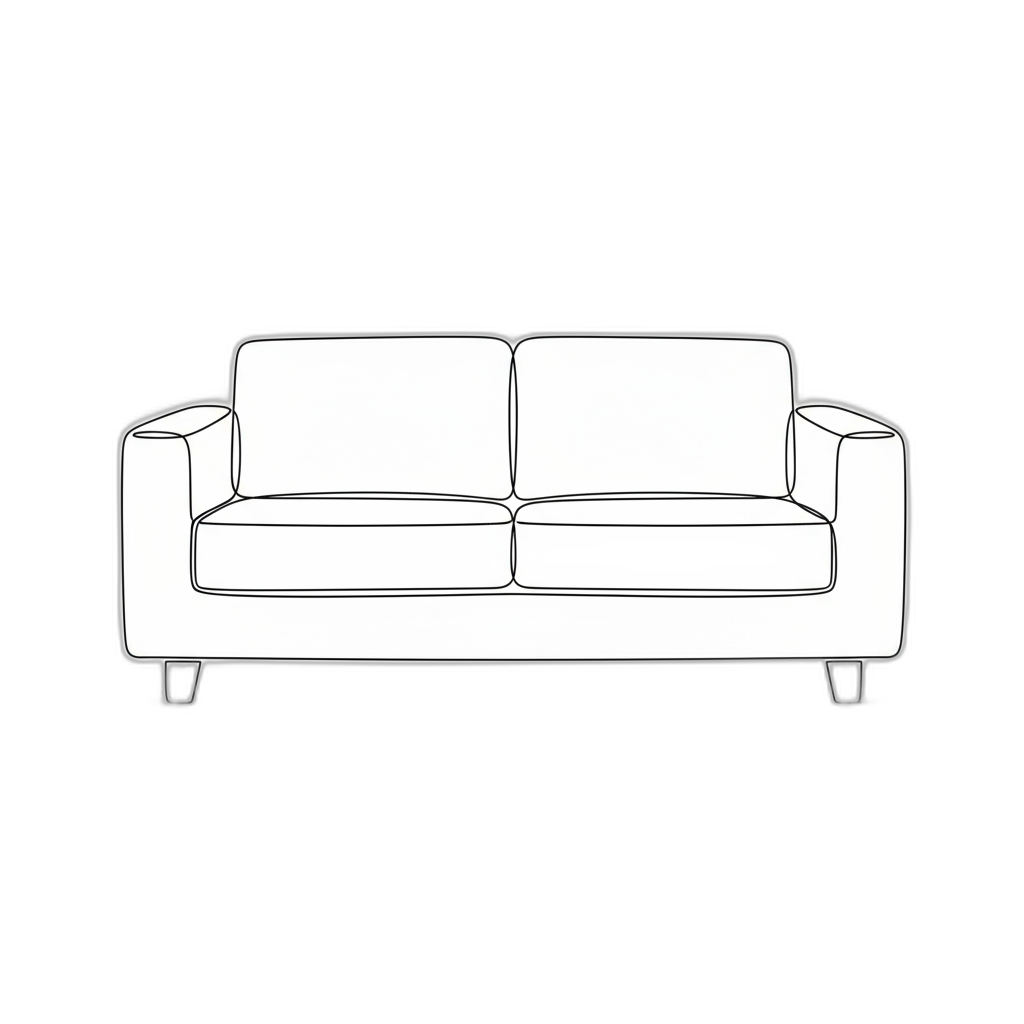




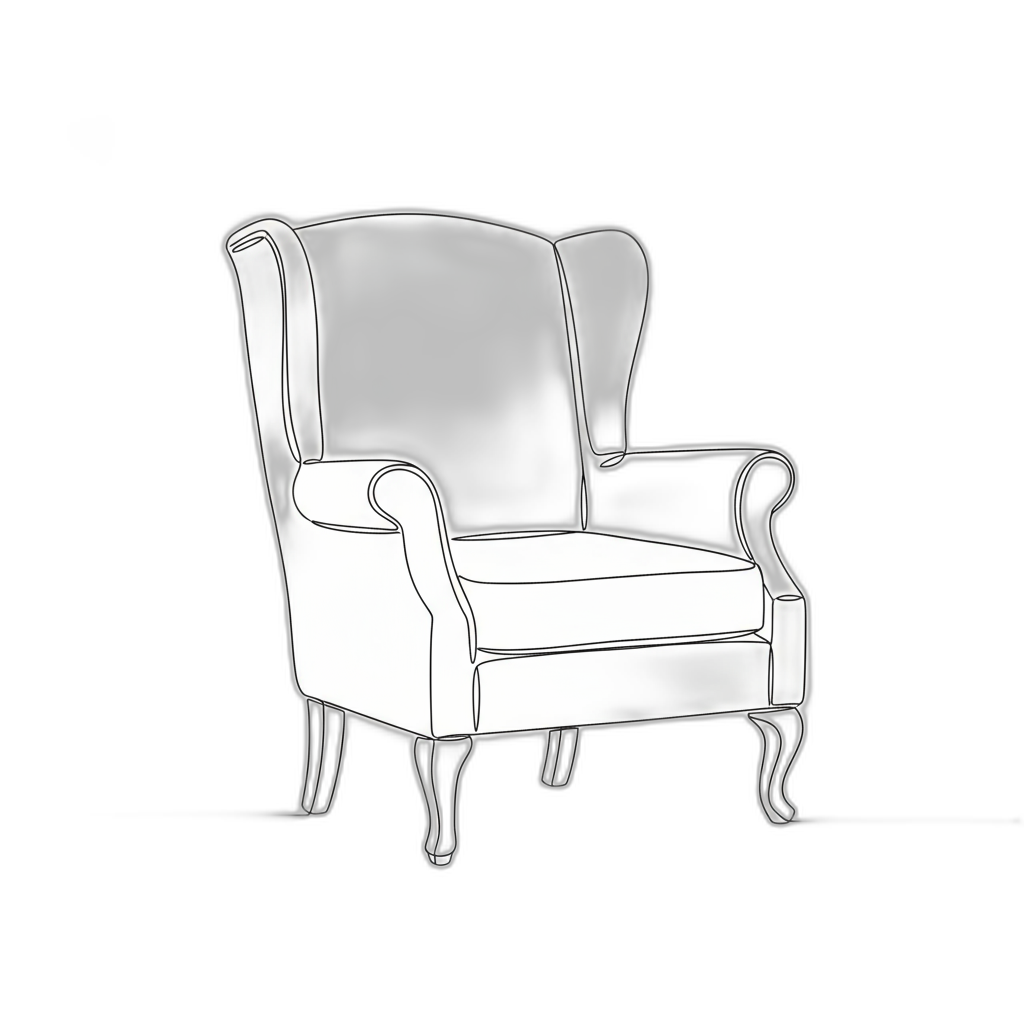

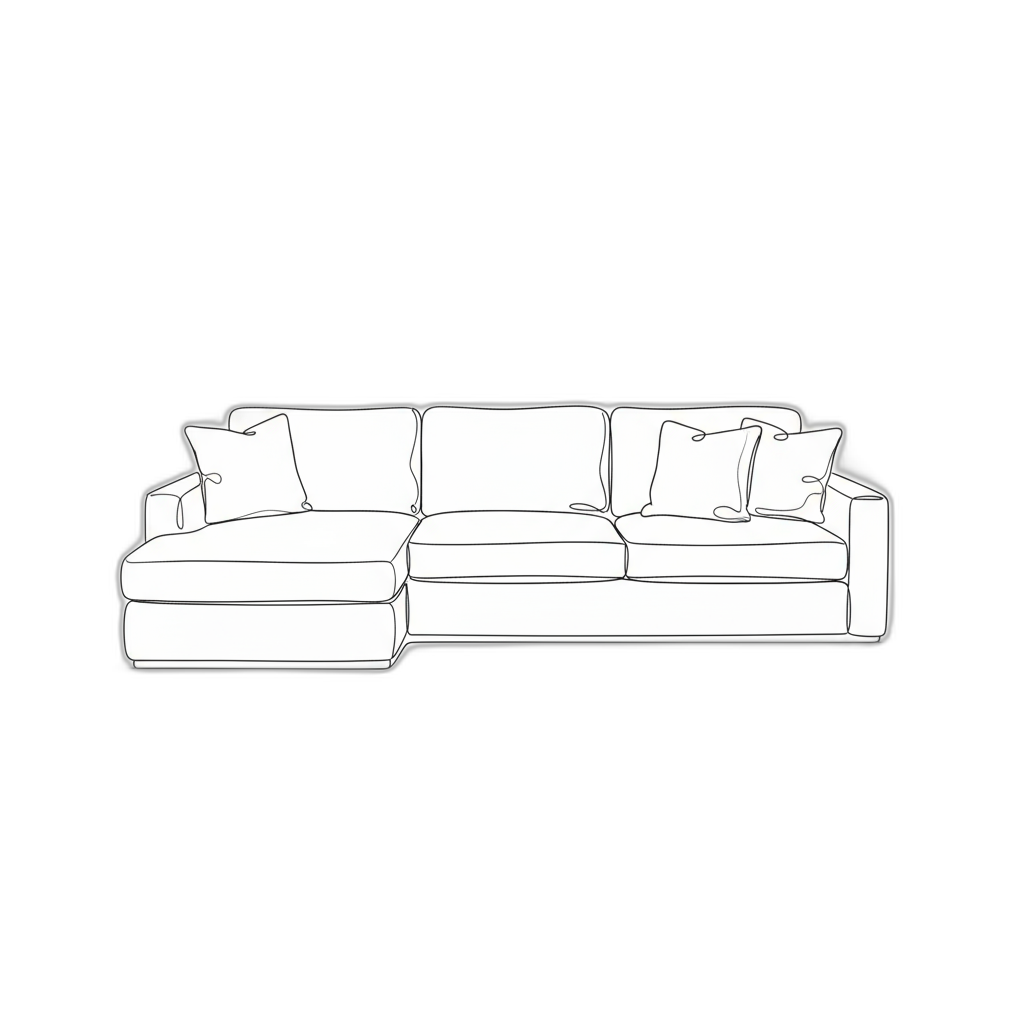
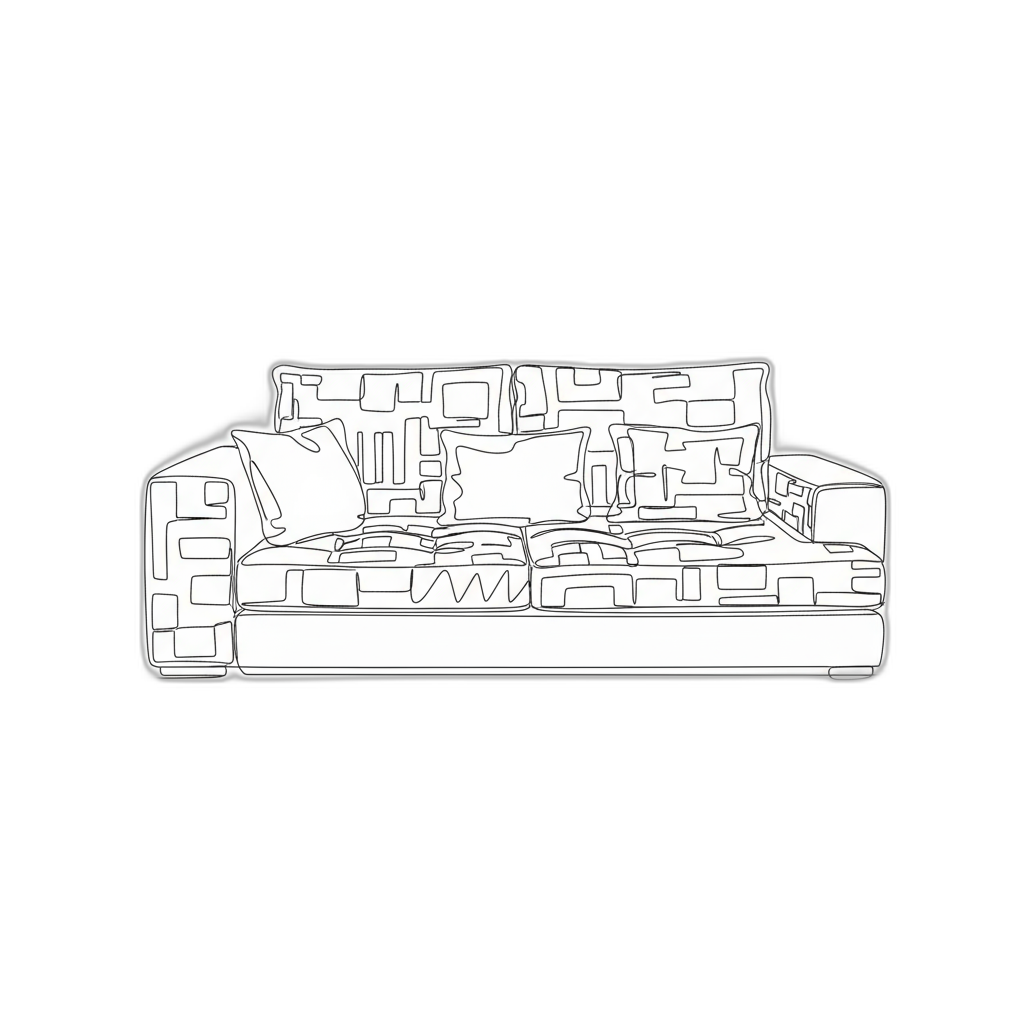


.svg)









